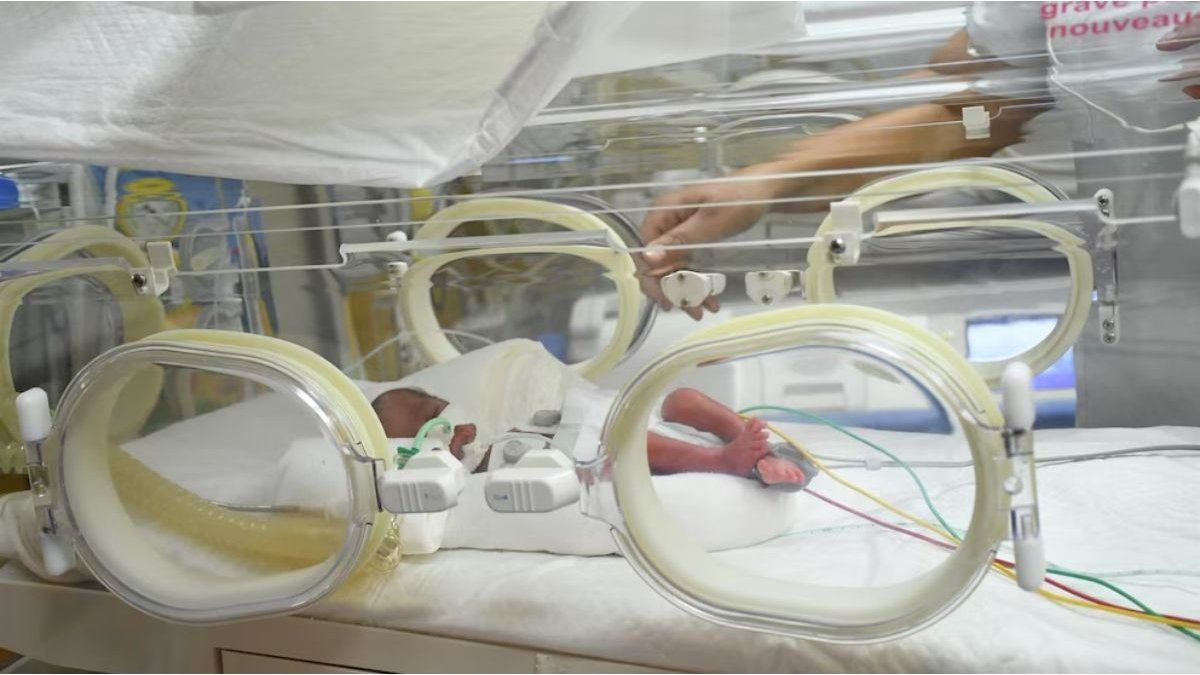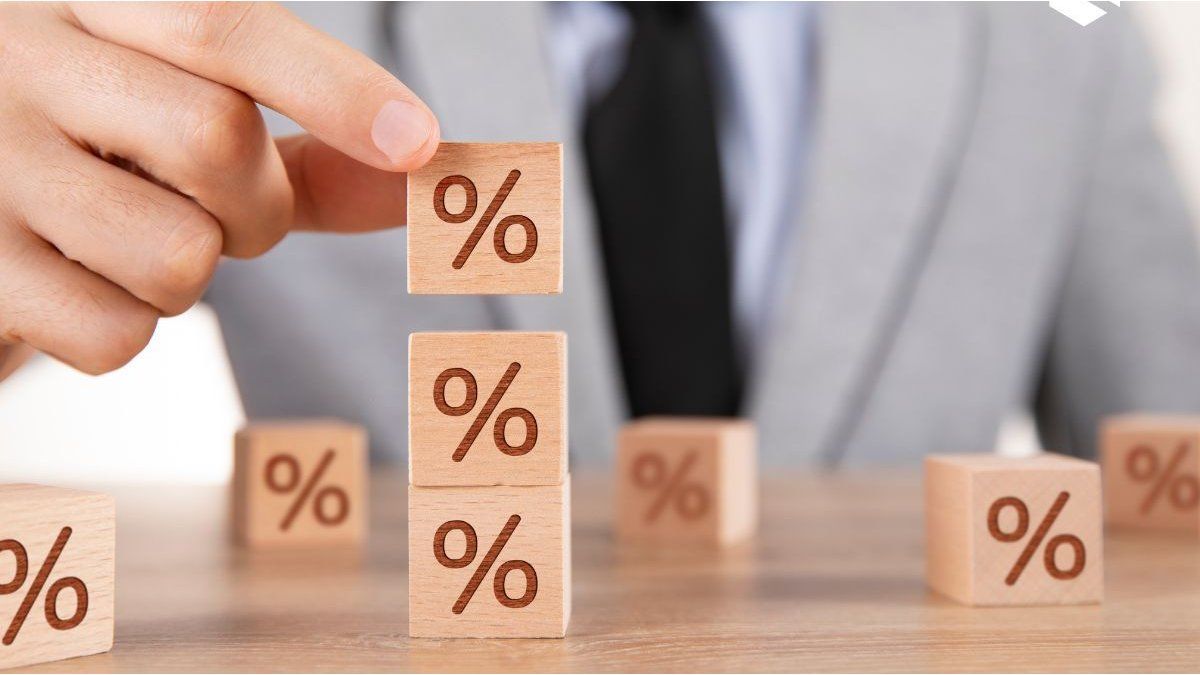It is normally the task of the E-Control authority to initiate and regulate competition on the energy market. In times of exorbitant prices, this is out of the question. Everyone would have to jump over their shadow in order to solve the problem, says managing director Wolfgang Urbantschitsch, who was interviewed by the Upper Austria News on the Energy Day of the Industry division of the Upper Austrian Chamber of Commerce.
OÖ Nachrichten: In early summer you called for a common European approach to get energy prices under control. Has politics achieved anything yet?
Wolfgang Urbantschitsch: There are important discussions and a decision at European level about skimming off electricity providers’ profits that exceed 180 euros per megawatt hour. There are savings targets to influence pricing. When the demand is lower, the price goes down.
Isn’t there something missing?
It’s not the last word. You have to keep discussing and make the market model crisis-proof. This was good until the end, but it did not prove its worth during the crisis.
One gets the impression that money is now being taken away from the companies, so we’ll see how we distribute it. You don’t know how much you’re going to take. This raises the question of how long it will take for the needy to receive money.
States are trying to minimize the impact on customers. There will be restrictions on prices, such as the support for electricity prices for households up to 2900 kWh per year in Austria. The money that comes in through taxes is used for this.
But the states have leeway in how they handle this.
There is flexibility, you can consider investing in renewables. But the details are being worked out.
Big winners like Verbund are currently investing in renewables, for example in Spain. If you subtract those investments, what’s left of excess profits?
This EUR 180 limit is so high that it is sufficient to invest in renewables. When wind power was subsidized with feed-in tariffs, the subsidy tariff was 91 euros, which was easily enough to earn the investment in ten to twelve years.
How much comes in with the excess profit tax?
That’s difficult to say, because you don’t know how much electricity was sold in advance over a long period of time.
The merit order principle has worked for decades. Now it’s evil. What would be the alternative?
It has actually worked well as a pricing model. This has economic advantages because it forces power plant operators to produce more cheaply. But the problem now was the high gas prices. An alternative would be a model where you get what you offer as a price. But here, too, the prices are the same again. One way to lower the price would be to subsidize gas. Spain and Portugal did that. The result is lower prices but very high gas consumption. And the subsidized electricity flows abroad. Going it alone is therefore impossible. Unfortunately, there is no model that only has advantages.
Are they all getting expensive?
Unfortunately. The fact is, in this situation we all have to deviate from our dogmas and try together to solve the problem and intervene in the market. In Formula 1 there is the safety car, which freezes the field after an accident and continues the race in an orderly manner. We need a safety car for the energy market.
How long?
Already a year.
How much market is left in the European energy market, or is it a political plaything?
What is the cause of the distortions? War, political measures and very deliberate shortages of the essential good gas. From a purely competitive point of view, I would say that this is abuse of a dominant market position, the dominant market player supplies less by half. The best market model cannot solve this. That’s why you have to intervene from the state, especially as far as the effects are concerned. I think it is wrong to say that liberalization was one of the biggest mistakes. It has done a great deal for the national economy.
How should prices go down – more supply, less consumption?
What makes me optimistic is that acceptance of the expansion into renewable energy sources has now increased. Procedures must be accelerated here. Energy efficiency has not played a major role in the past, except in the industrial sector, because energy was cheap. Now we had gas consumption in July minus 15, in August minus 25, in September minus nine percent – compared to the five-year average. Across everything, 15 percent is feasible. Double-digit reductions are also possible for households and electricity.
There are also warnings of a power shortage in winter.
The forecasts are being made now. There are circumstances that are not good, like the nuclear power plants in France and low water levels. But we know that and will take measures to ensure that there are no shortages.
Source: Nachrichten




